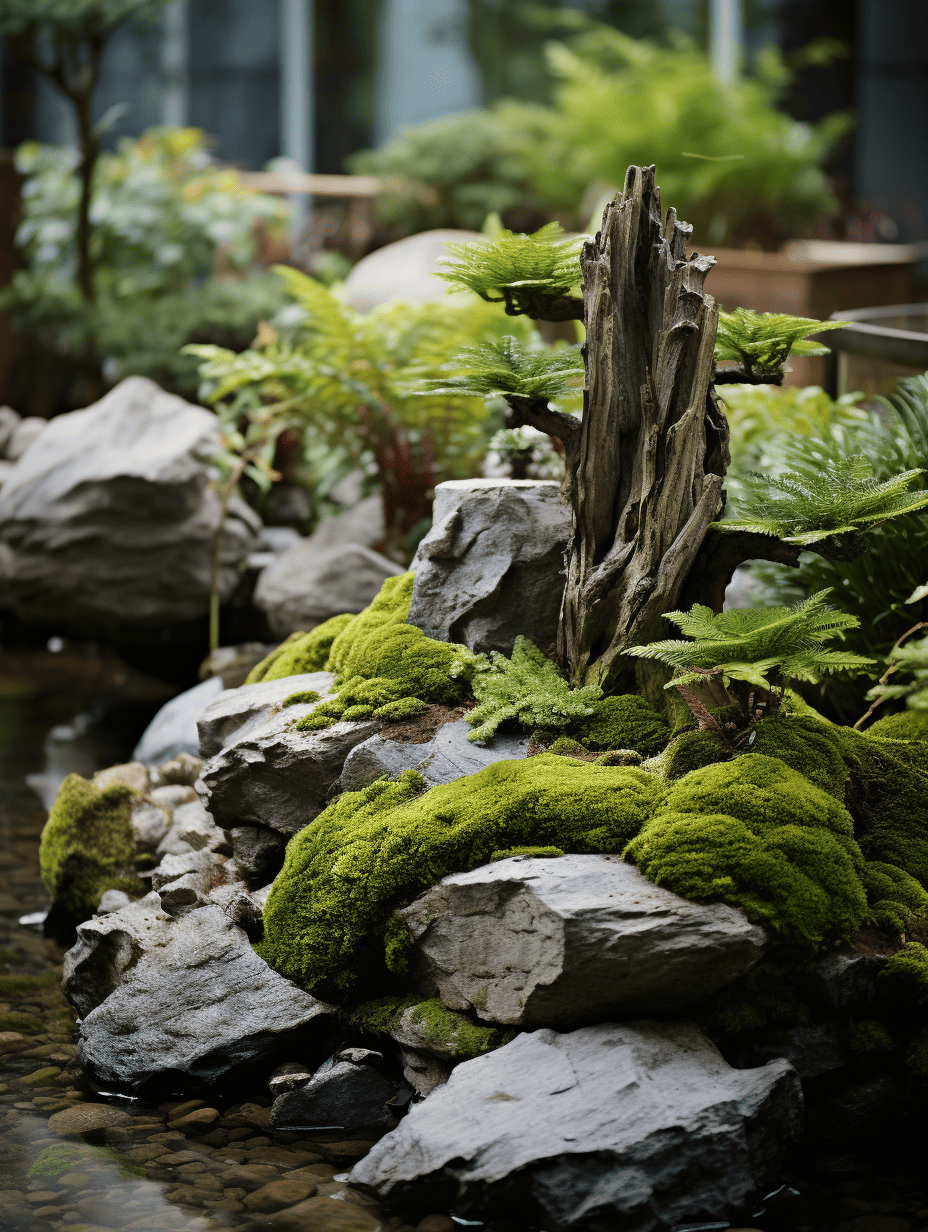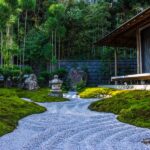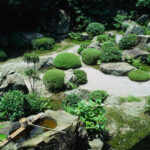Japanese garden design is a unique and timeless art form that has been practiced for centuries. These gardens are known for their simple and serene beauty, and they have a profound influence on garden design around the world.
One of the key elements of Japanese garden design is the use of natural materials such as rocks, gravel, and water. These elements are carefully arranged to create a sense of harmony and balance in the garden. Rocks are often used to represent mountains, while gravel is used to symbolize water. Water features such as ponds and streams are also common in Japanese gardens, as they help to create a sense of tranquility and movement.
Another important aspect of Japanese garden design is the use of plants. Traditional Japanese gardens often feature a limited selection of plants, chosen for their shape, texture, and color. These plants are carefully pruned and shaped to create a sense of order and balance in the garden. Common plants used in Japanese gardens include cherry blossoms, Japanese maples, bamboo, and pine trees.
Japanese gardens are also known for their use of symbolism and spiritual elements. Many Japanese gardens feature structures such as teahouses, lanterns, and bridges, each with its own symbolic meaning. These elements are carefully placed within the garden to create a sense of harmony and balance, as well as to evoke feelings of peace and tranquility.
In addition to their beauty and symbolism, Japanese gardens also reflect the principles of Zen Buddhism. Zen philosophy emphasizes the importance of simplicity, naturalness, and harmony, all of which are reflected in the design of Japanese gardens. Visitors to these gardens are encouraged to meditate and reflect on the beauty of nature, and to experience a sense of peace and serenity.
Overall, Japanese garden design is a profound and inspiring art form that continues to captivate and inspire people around the world. With its emphasis on simplicity, harmony, and natural beauty, these gardens offer a peaceful retreat from the stresses of modern life, and a timeless reminder of the beauty and wonder of the natural world.
















